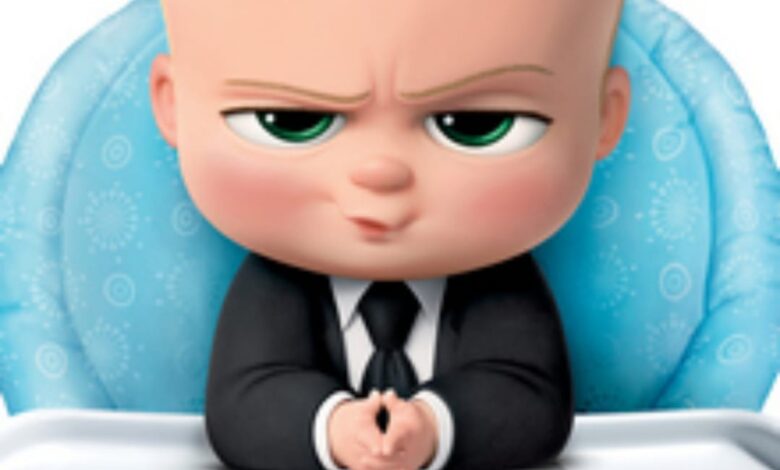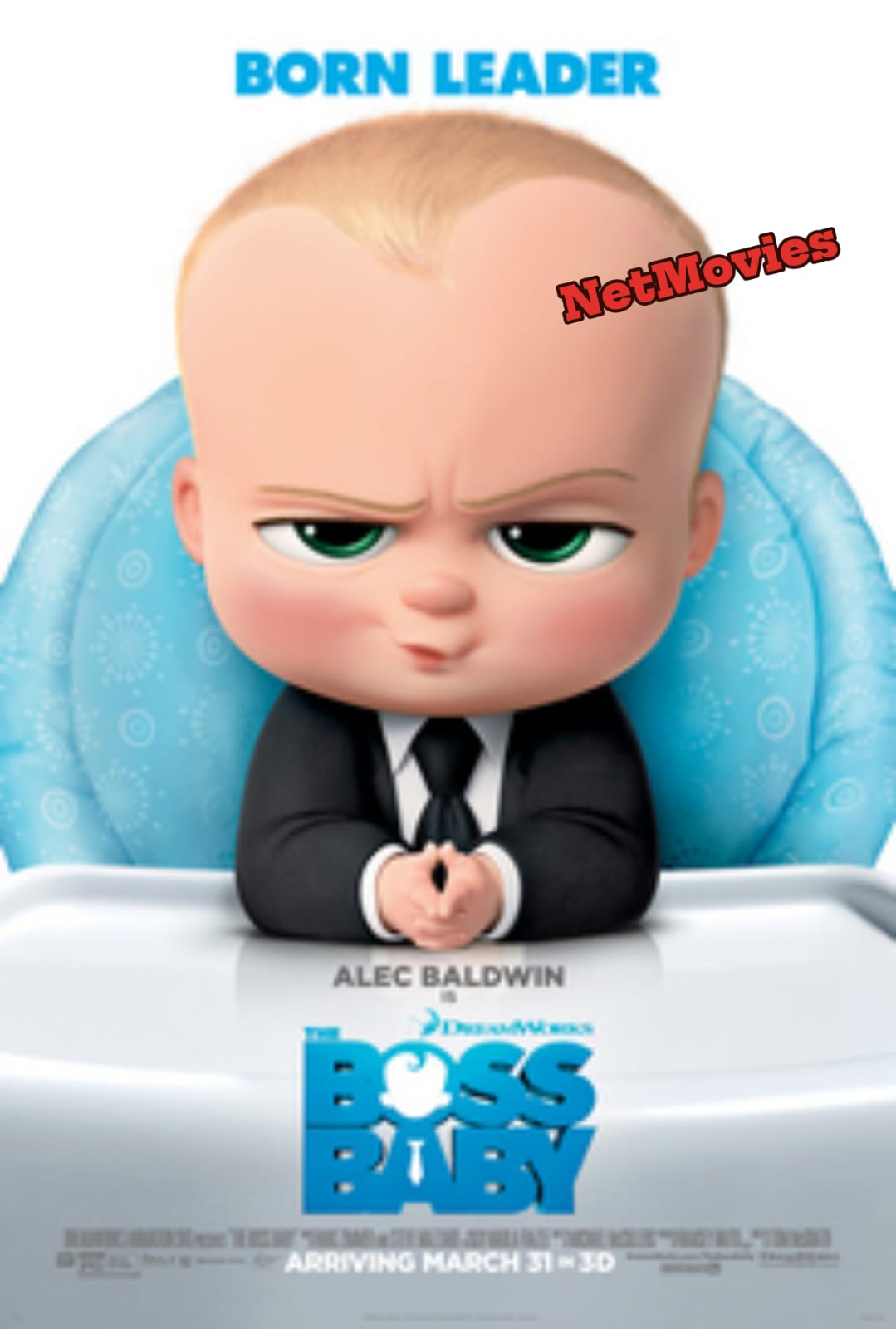
|
Getting your Trinity Audio player ready...
|

Introduction
When audiences first encountered The Boss Baby, they expected lighthearted family comedy mixed with absurd corporate satire. However, reimagining The Boss Baby: The Movie as a psychological horror film opens new doors for analysis and intrigue. Instead of a playful story about sibling rivalry and corporate babies, this reinterpretation leans into dark symbolism, unsettling character dynamics, and themes of control, paranoia, and identity.
In this article, we explore The Boss Baby: The Movie through the lens of psychological horror cinema, unpacking its disturbing undertones, the hidden fears of childhood, and its potential to rival classics in the genre. With keywords like psychological horror, baby symbolism in horror films, and The Boss Baby analysis, this article is optimized to serve readers searching for both film critiques and deeper horror discussions.
The Innocence of Childhood Turned Uncanny
One of the cornerstones of psychological horror is the distortion of innocence. Babies symbolize purity, new beginnings, and unconditional love. But in The Boss Baby: The Movie, the central figure is a baby who acts like a cold, calculating businessman. Reframing this narrative as horror reveals an unsettling truth: what if childhood itself is corrupted from the start?
The movie’s premise — a baby in a suit with adult intellect — taps directly into the uncanny valley, where familiar images (a baby) are made strange through unexpected traits (corporate dominance, manipulation). This uncanny element is central to psychological horror films like The Omen (1976) or Rosemary’s Baby (1968), where children become vessels for fear.
Themes of Control and Surveillance
In a horror reinterpretation, The Boss Baby: The Movie shifts from comedy into a terrifying allegory of surveillance culture and loss of autonomy. The boss baby represents not just sibling rivalry, but the intrusive systems that monitor and control human behavior.
Key horror elements here include:
- Manipulation: The baby embodies corporate greed, using charm and coercion to bend his family to his will.
- Paranoia: Tim, the older brother, becomes a horror protagonist — trapped in a psychological battle where no adult believes his claims about the baby’s sinister motives.
- Surveillance: BabyCorp’s hidden operations mirror the Orwellian fear of being watched, turning childhood bedrooms into battlegrounds of privacy invasion.
Identity and the Fear of Replacement
A defining feature of psychological horror is identity crisis — the fear of losing oneself or being replaced. Tim’s struggle reflects this perfectly. His idyllic life as an only child collapses when the boss baby arrives. Suddenly, love, attention, and identity are ripped from him.
Through a horror lens, this isn’t just sibling rivalry — it’s existential erasure. Tim fears not only losing his parents’ affection but also his entire identity. This mirrors themes in films like Us (2019), where doppelgängers threaten to replace their originals.
Visual and Symbolic Horror in The Boss Baby
Even in its comedic design, The Boss Baby: The Movie carries visuals that, when reframed, become horror imagery:
- The Suit: Symbol of authority and corruption, contrasting with the vulnerability of a baby’s body.
- The Pacifier: A tool for communication and control, reimagined as an almost ritualistic object.
- Corporate Babies: Armies of infants operating with adult intelligence — uncanny imagery that feels straight out of dystopian horror.
This symbolic layering creates fertile ground for horror analysis. The juxtaposition of innocence with corruption evokes the same discomfort as films like Hereditary (2018).
Why Psychological Horror Fans Should Revisit The Boss Baby
At first glance, it may seem absurd to call The Boss Baby: The Movie a psychological horror. Yet, many horror masterpieces hide within unexpected genres. Re-examining a children’s comedy through this lens allows us to uncover:
- Hidden Cultural Anxieties – Fear of corporations, loss of individuality, and children as untrustworthy figures.
- Symbolic Storytelling – Babies as metaphors for unchecked power and innocence turned sinister.
- The Universal Fear of Replacement – A primal theme that resonates across horror cinema.
Comparison with Classic Psychological Horror Films
To understand this reinterpretation better, let’s compare it with genre classics:
- Rosemary’s Baby (1968): Both films deal with the horror of motherhood and the fear of losing control over family.
- The Omen (1976): Like Damien, the boss baby symbolizes a child with a disturbing destiny.
- Coraline (2009): Another “children’s story” that becomes horrifying through themes of identity theft and parental replacement.
By aligning The Boss Baby with these films, it emerges as a psychological horror in disguise, hidden beneath a layer of comedy.
SEO Keywords to Note
To ensure this article ranks well in search results, here are integrated key terms:
- Psychological horror movies
- The Boss Baby horror analysis
- Baby symbolism in horror films
- Family dynamics in horror cinema
- Psychological thriller reinterpretations
These keywords help attract audiences searching for film analysis, horror themes, and unique interpretations of mainstream movies.
Conclusion
The Boss Baby: The Movie may have been marketed as a family-friendly comedy, but through the lens of psychological horror, it transforms into a chilling allegory about control, identity, and innocence lost. By reframing its imagery and narrative, we uncover themes that align it with horror classics like The Omen and Rosemary’s Baby.
This dual identity — comedy on the surface, horror underneath — is what makes The Boss Baby a fascinating subject for both cinephiles and horror fans. It reminds us that fear often hides where we least expect it, even in the cries of a baby dressed in a suit.
download and watch













